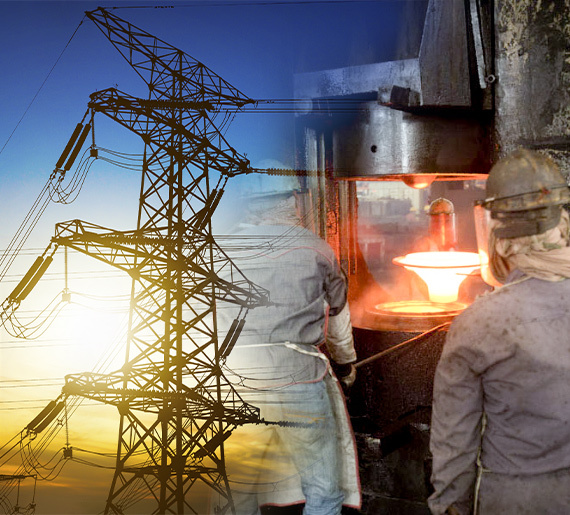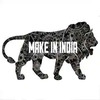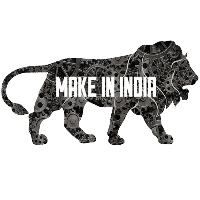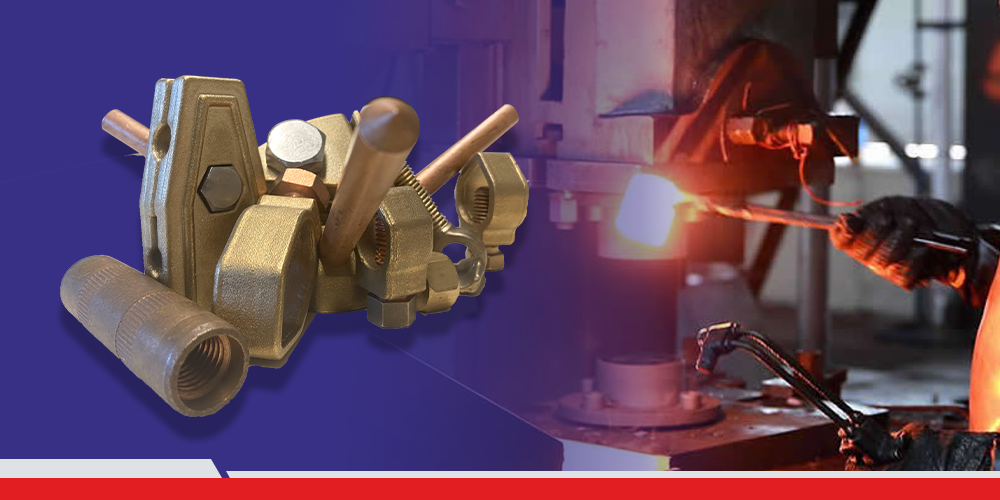Sales Inquiry
The Rise of Forging in the Electrical Industry: A Story of Innovation and Excellence

Disadvantages of Casting in the Electrical Industry
Casting involves pouring molten metal into a mould and letting it solidify to form the desired shape. However, this process has several drawbacks when it comes to manufacturing electrical components.
Porosity: One of the biggest problems with casting is that it results in porous metal, which can lead to poor electrical conductivity and reduced mechanical strength. This can result in electrical failures and a shorter lifespan for the component.
Dimensional Tolerances: Casting is prone to dimensional inconsistencies and inaccuracies, which can affect the performance and fit of the electrical component.
Surface Finish: Cast surfaces are rough and may require additional machining and finishing to achieve the desired surface finish, which can add to the overall cost.
High Volume Production: While casting is suitable for high-volume production, it is not ideal for small-scale manufacturing as the cost per unit is high.
Advantages of Forging in the Electrical Industry
Forging, on the other hand, involves heating the metal to a high temperature and then shaping it under extreme pressure. This results in a dense, uniform structure that has several advantages over casting.
Improved Mechanical Properties: Forged metal has improved mechanical properties, including higher tensile strength, ductility, and toughness, which makes it more durable and reliable.
Excellent Surface Finish: The forging process results in a smooth surface finish, which reduces the need for additional machining and finishing.
Dimensional Accuracy: Forging is more precise than casting and results in highly accurate dimensional tolerances, which is essential for electrical components to fit and function properly.
Enhanced Electrical Conductivity: Forged metal has better electrical conductivity due to its denser structure and lack of porosity, which improves the overall performance of the electrical component.
Statistics
A recent report shows that the Global Forging Market generated a revenue of USD 74.1 Billion in 2021, and is projected to grow at a Compound Annual Growth Rate (CAGR) of 4.9% during the forecast period. The report cites the growing demand for precision engineering and high-performance materials as driving factors for this growth. In the electrical industry, forging is used to manufacture a range of components, including circuit breakers, switch gears, and transformers.
Conclusion
In conclusion, the advantages of forging over casting make it the preferred manufacturing method in the electrical industry. Forged metal has better mechanical properties, improved dimensional accuracy, and enhanced electrical conductivity. While casting may be suitable for high-volume production, forging is the better option for smaller-scale manufacturing and high-performance components. As the demand for precision engineering and high-performance materials continues to grow, the forging market in the electrical industry is expected to see steady growth in the coming years.
At IQS Engineering Solutions, we saw the potential of forging early on and made it our mission to innovate and push the boundaries of what was possible. Our commitment to excellence paid off, and today, we are one of the leading forging companies in the industry. Get in touch with us now and discover why our components are renowned for their quality and reliability.






